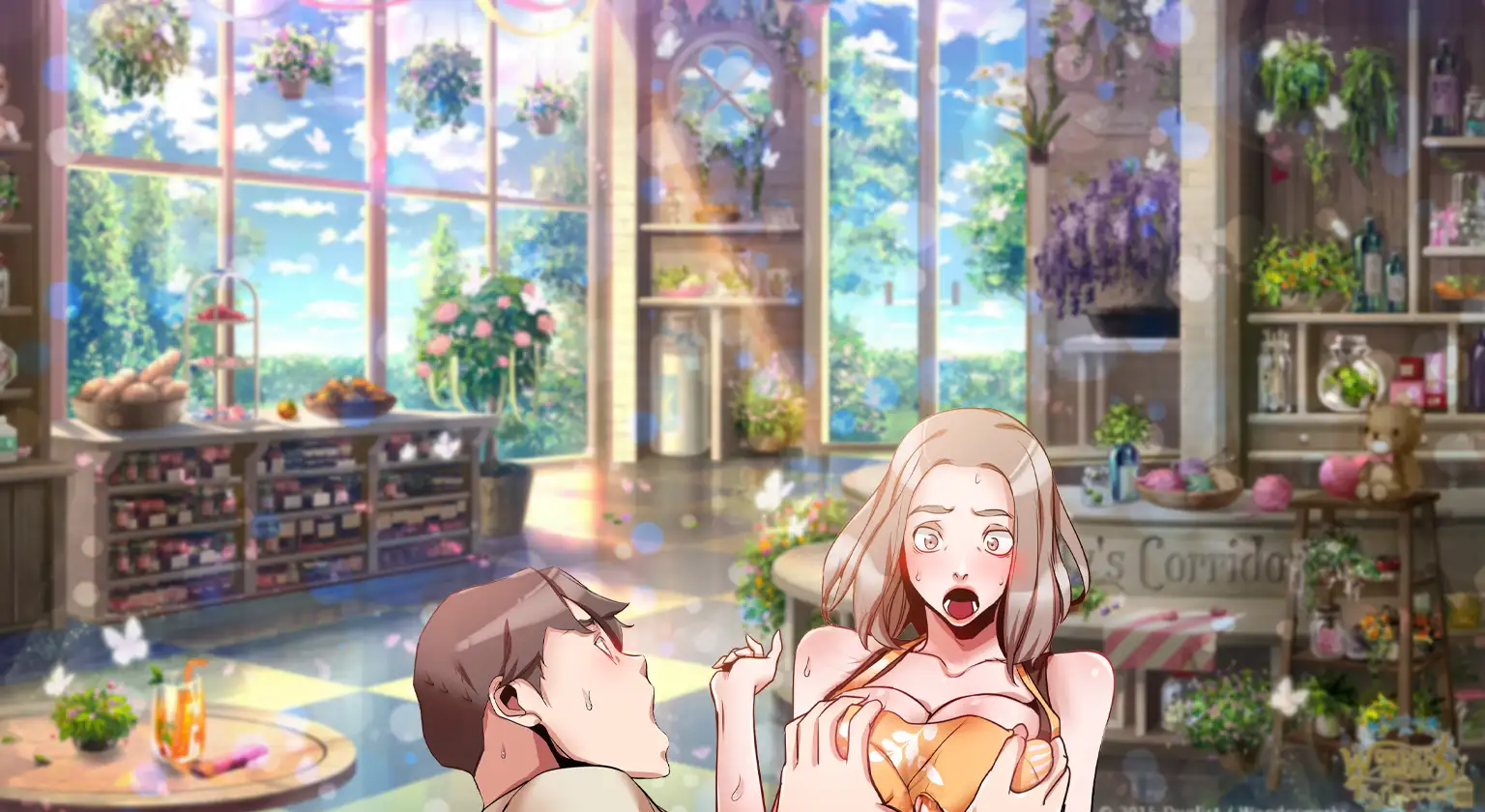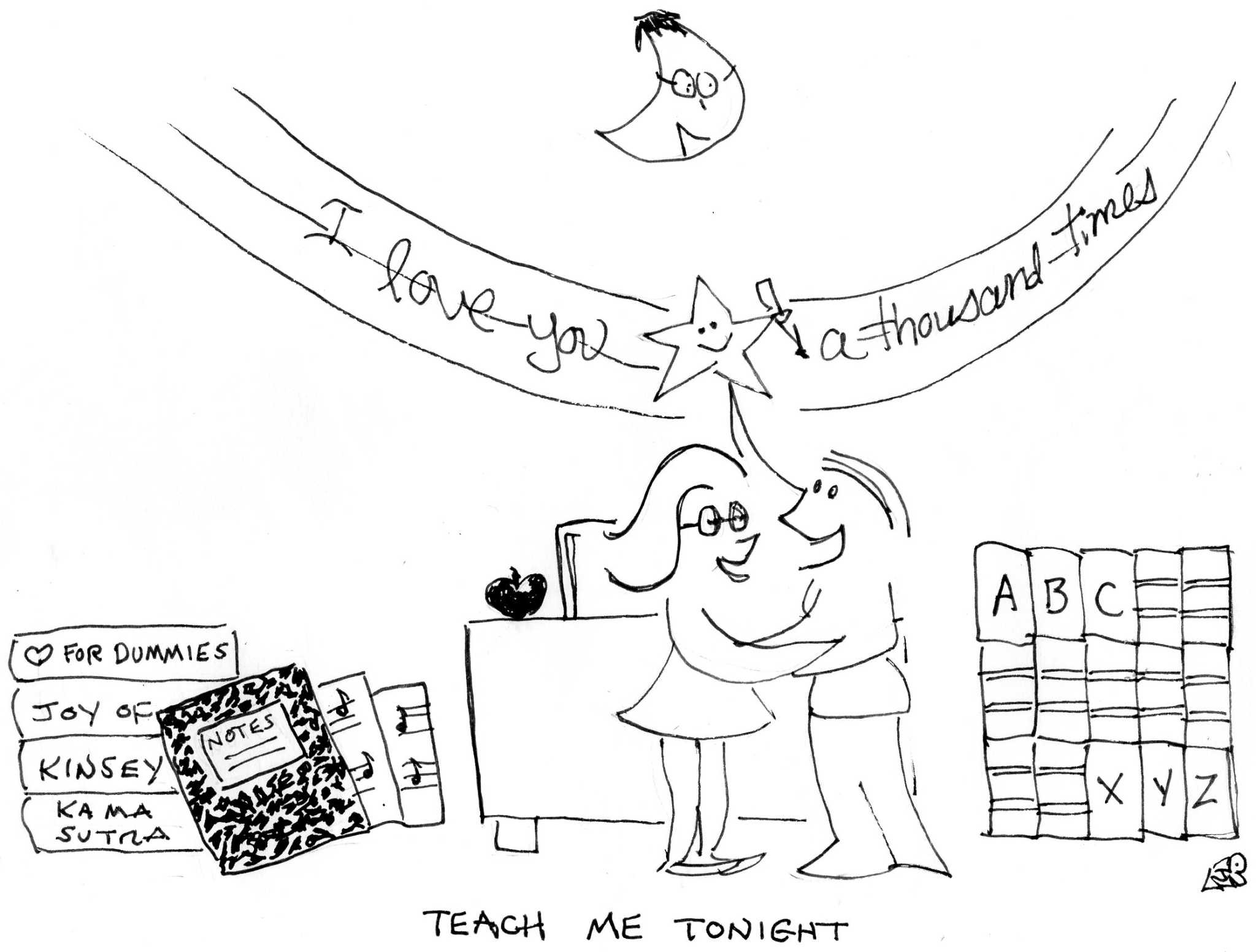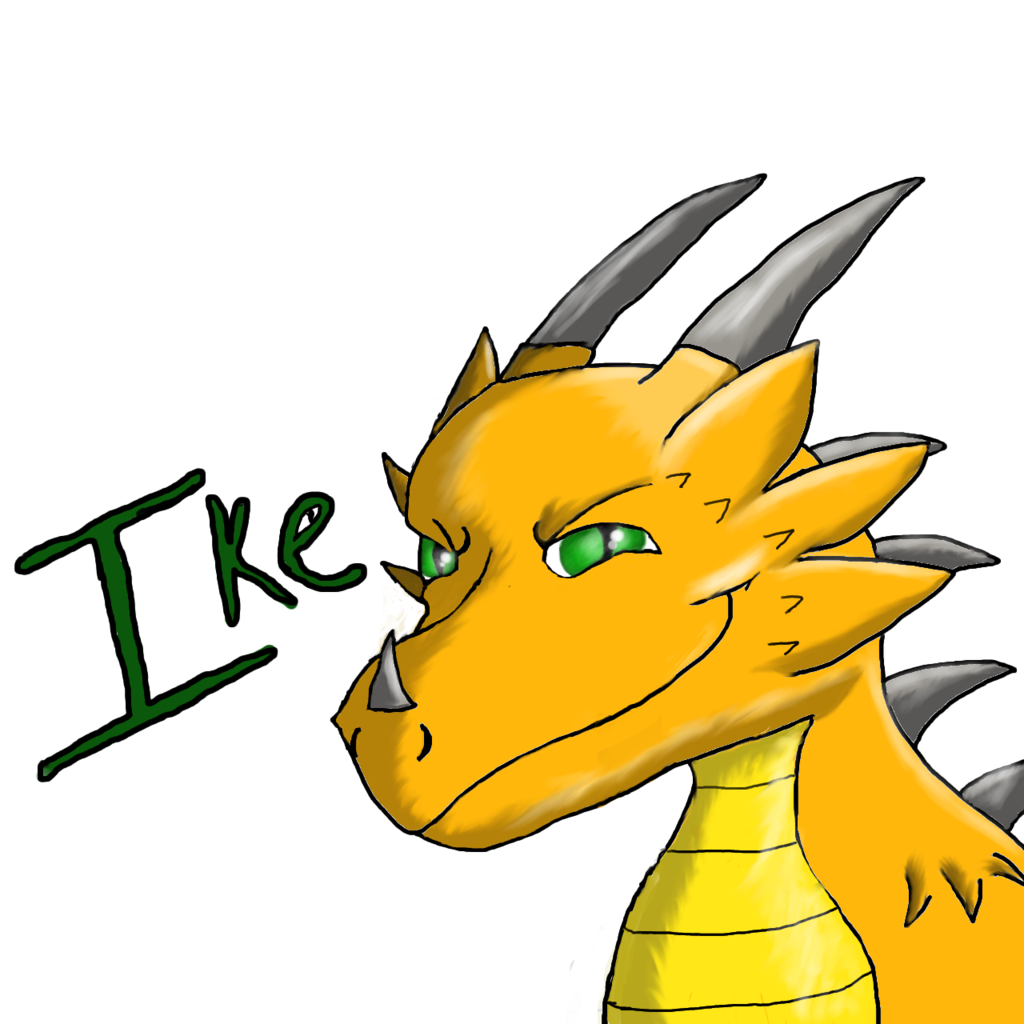🤖 AI-Generated Content
This content has been created using artificial intelligence. While we strive for accuracy, please verify important information independently.
Ever feel like you are standing at the edge of something new, a big system or a fresh idea, and you just wish someone would show you the ropes, plainly and simply? Perhaps you are looking to step into a new role, or maybe you are just curious about how things operate behind the scenes for those who guide others in their learning. It can feel like a lot to take in at first glance, honestly, like trying to pick up a new story without knowing the characters or the setting.
This is where the idea of "teach me first toon free read" comes into play, a friendly way of thinking about getting that initial bit of clear, easy-to-get information without any cost. It's about finding that welcoming spot where you can begin to see how things work, like getting a quick, free peek at the first part of a new animated show or a comic book, just to get your bearings. You want to know the basics, the absolute starting points, without any fuss or hidden charges.
We often look for ways to gain knowledge or pick up a new skill, and sometimes, the biggest hurdle is just figuring out where to begin. You might be wondering how to keep tabs on your own progress, or perhaps you are curious about the resources available to help you along. This discussion will, you know, walk through some ways to make that first step feel a lot less like a giant leap and more like a gentle stroll into something fresh and interesting.
- Is Jimmy Stanley Still Married
- Fashion Nova Customer Service Email Complaints
- Ellie The Empress Onlyfans Leak
- Jaxslayher
- Nicholas Alexander Chavez Mexican
Table of Contents
- What Does It Mean to Teach Someone Something New?
- How Can You Keep Up with Your Learning Progress?
- What Kinds of Support Are There for Aspiring Educators?
- Getting Started - Finding Your Program
- How Does "Teach" Really Work?
- Are There Free Ways to Learn About New Tech?
- What About Certification and Background Checks?
- Your Role in the Learning Community
What Does It Mean to Teach Someone Something New?
When we talk about teaching, it's really about helping another person pick up new information or a skill. It's like guiding someone through a forest they have never seen before, pointing out the paths and explaining what different plants are. This could mean giving formal lessons, like in a classroom, or just showing someone how to do something practical, say, how to tie a specific knot. The goal is always to pass along knowledge or a way of doing things so that the other person can then do it themselves, you know, with a bit of practice. It's a very human thing, this sharing of what we know.
A big part of teaching involves explaining things clearly, breaking down complex ideas into smaller, easier-to-get pieces. It's about showing someone step by step, perhaps demonstrating a task so they can copy it. This is often a job for someone at a school, a college, or a university, but anyone can teach. A parent teaches a child to ride a bike, a friend teaches another friend a new recipe. It's pretty much any action that causes someone else to gain some new ability or a fresh bit of knowledge. So, in that sense, we are all teachers and learners at different times, which is kind of neat.
Making Sense of "Teach Me First Toon Free Read"
The phrase "teach me first toon free read" hints at this very idea of getting that initial bit of clear guidance. Think of "first toon" as the very first character you meet in a story, or the first simple drawing that explains a concept. It's the starting point, the easy-to-digest piece that sets the stage. And "free read" means you can look at it, take it in, and make sense of it without any cost or obligation. It's about access to basic facts, a simple way to get your foot in the door, so to speak. This could be a quick guide, a set of frequently asked questions, or a short video that lays out the groundwork. Basically, it’s about making the initial learning experience as smooth and open as possible for anyone who wants to pick up something new, which is a pretty good thing.
How Can You Keep Up with Your Learning Progress?
When you are working towards something important, like getting a certification or applying for a specific program, it's natural to want to know how things are coming along. Keeping track of your progress can give you a sense of calm and help you plan your next steps. Many systems today offer a way for you to check in on your own efforts. This usually means logging into a personal account, a sort of private space where all your related information lives. You can, for instance, see if your application has moved from one stage to the next, or if certain documents have been received. It's like having a personal dashboard that shows you where you stand, which is actually very helpful.
For example, if you are working with a system that helps with teacher certifications, you would have an account there. By going to that online service and putting in your login details, you can view the current state of your application. This means you can see if it's still being looked at, if something is missing, or if it has moved forward to the next step. It's all about making sure you are kept in the loop without having to call someone every five minutes. This kind of access helps you feel more in charge of your own path, which is really what you want.
Keeping Tabs on Your "Teach Me First Toon Free Read" Journey
Applying the idea of "teach me first toon free read" to tracking your progress means that the system makes it easy for you to get those initial bits of information about your status. It's like getting a free, quick update on your "first toon" or your starting point in the system. You don't need a deep dive into complex reports; you just need to "read" the basic status. This means the system should offer a clear, simple way to see where you are. Maybe it's a simple status bar, or a few easy-to-spot messages on your account page. The goal is to give you that immediate, no-fuss feedback so you can quickly grasp what's happening with your application or your learning journey. This makes the whole process feel much more open and less like a guessing game, which is a relief for most people, quite honestly.
What Kinds of Support Are There for Aspiring Educators?
Becoming an educator, or even continuing your path as one, can involve quite a few steps. There are often specific requirements, like getting certified or making sure your background checks are in order. A well-designed system will have different parts for different people. Someone just starting out might need to look up program details, while an experienced teacher might need to renew a license. The way you get to information or the actions you can take often depend on who you are in the system. This makes sure that everyone sees what is most relevant to them, rather than getting swamped with everything all at once. It's about providing the right tools for the right person at the right time, so that's pretty good.
For instance, if you are a hopeful teacher, you might have access to forms for your initial certification. If you are already teaching, your view might show options for professional growth or ways to update your current credentials. The system aims to make sure that people who work in education, whether they are just thinking about it or have been doing it for years, get the backing they need. This support helps address the need for more educators across the country, making sure there are enough people ready to guide the next generations. It’s a pretty big mission, helping people at every stage of their professional life in education.
Finding Your Way with "Teach Me First Toon Free Read" Resources
When it comes to finding support, the "teach me first toon free read" approach means making those initial help resources easy to get to and simple to grasp. For aspiring educators, this might look like quick-start guides to the certification process, or clear, simple explanations of what fingerprinting involves. It's like getting a free, easy-to-read comic strip that explains the first few steps of becoming a teacher. You don't need to pay for a consultation or sign up for a long course just to get the basic facts. These resources are there to give you a quick, free sense of what's involved, helping you make sense of the initial requirements without any fuss. This way, you can quickly decide if a path is for you, or what your very next step should be, which is really helpful when you are just beginning to look into something new.
Getting Started - Finding Your Program
A common first step for anyone looking to get into a new field or improve their skills is figuring out which program or course is the best fit. There are often many choices, and it can feel a bit overwhelming to sort through them all. A good system will provide a tool to help you look at your options. This might be called a "program explorer" or something similar. It lets you search, filter, and compare different paths available to you. The goal is to make that initial search as straightforward as possible, helping you narrow down your choices so you can pick the one that makes the most sense for what you want to achieve. It’s about making the search for your educational path a lot less complicated, which is what most people hope for.
When you use such a tool, you can often put in what you are interested in, or what kind of role you are aiming for. The explorer then shows you programs that match. This could be anything from a short course to a full degree program. The idea is to give you a clear view of what's out there, so you can make an informed choice about your next learning step. It’s a very practical way to begin, making sure you are looking at things that truly fit your goals. You want to feel like you have a good handle on your options before you commit to anything, so this kind of tool is pretty useful, in a way.
Your First Steps with "Teach Me First Toon Free Read" Options
When it comes to finding the right program, "teach me first toon free read" means that the very first information you get about these options should be easily accessible and free to look at. Think of it as a free sample of what's available, giving you a quick read on the various paths without any commitment. The "program explorer" itself acts as that "first toon," a simple, visual way to see the different choices. You can quickly scan program names, get a brief description, and see
Additional Resources
Visual Content



Disclaimer: This content was generated using AI technology. While every effort has been made to ensure accuracy, we recommend consulting multiple sources for critical decisions or research purposes.
